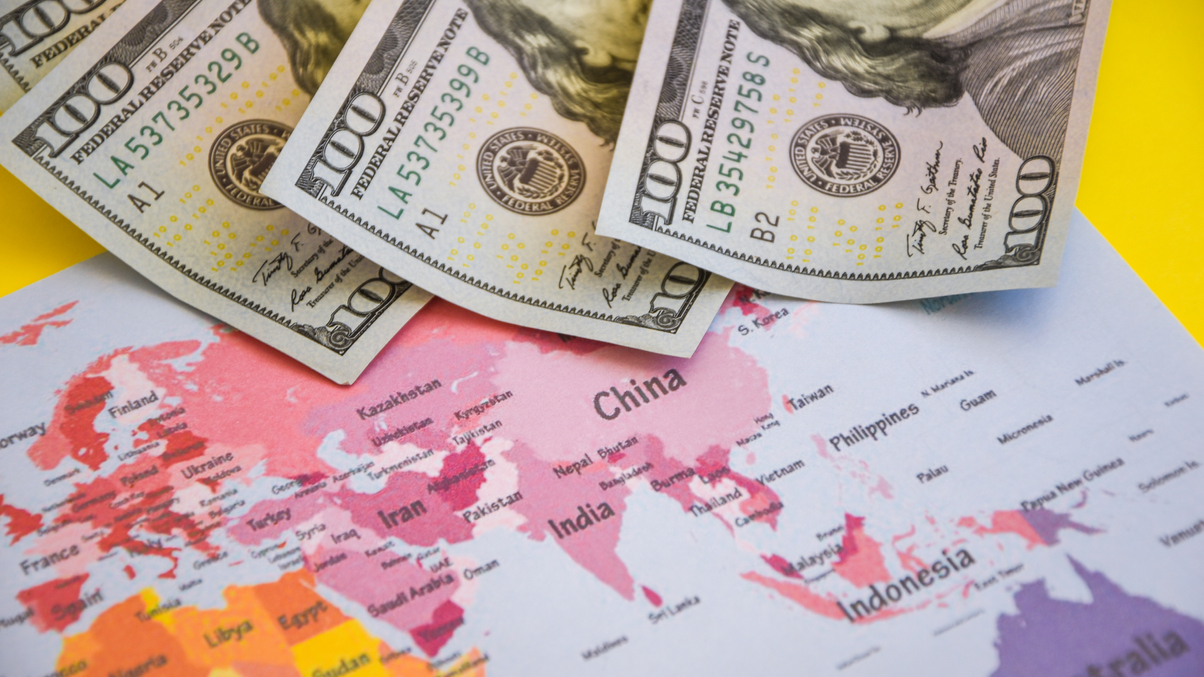Weekly Digest: Mubadala to double down on Asia; Malaysia's EPF gets new CEO
The Abu Dhabi-based fund eyes doubling Asia exposure; EPF gets new chief; Dutch pension giant closes China office; Future Fund posts 8% gain for 2023; HKMA Exchange Fund posts 5.2% annual investment gain; and more.

TOP NEWS OF THE WEEK
Sign in to read on!
Registered users get 2 free articles in 30 days.
Subscribers have full unlimited access to AsianInvestor
Not signed up? New users get 2 free articles per month, plus a 7-day unlimited free trial.
¬ Haymarket Media Limited. All rights reserved.


